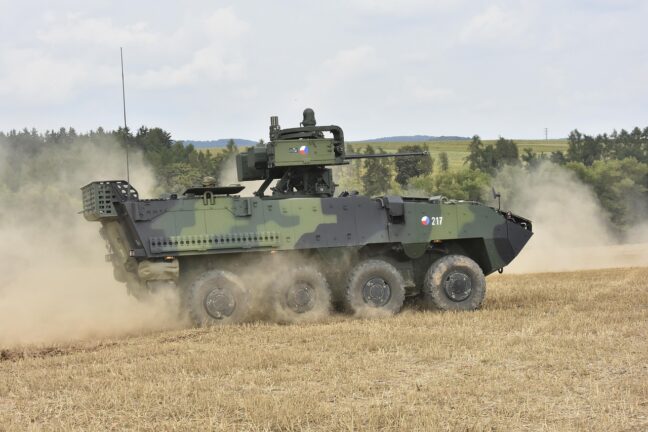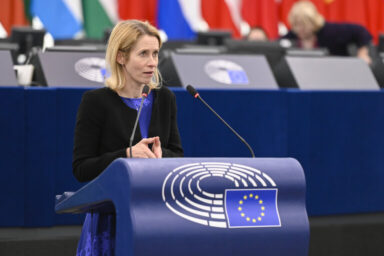The European Commission is preparing to unveil a new framework aimed at improving the movement of troops and military equipment across EU borders during emergencies. A draft of the proposal, verified by Reuters, reportedly outlines plans for a continent-wide system that would simplify cross-border logistics and encourage member states to coordinate transport resources. Participation would be voluntary.
Improving the mobility of military personnel, materiel, and assets within and beyond the European Union is considered essential to the security of European citizens. In a significant step toward strengthening defence readiness, the Commission—in collaboration with the High Representative—is developing a comprehensive Military Mobility Package to address infrastructural and procedural barriers as well as capability gaps.
New initiative in line with long-term goals
This initiative aligns with the goals set out in the White Paper for European Defence Readiness 2030, released on 19 March 2025, which calls for a more agile and integrated European defence posture. It also supports the EU’s Strategic Compass and complements NATO’s logistics planning, particularly along the eastern flank from the Baltic to the Black Sea.
The push for enhanced mobility comes amid growing concerns over regional security, particularly in light of potential threats from Russia and uncertainty surrounding future US military support. While no formal drawdown has been announced, discussions in Washington have raised questions about the long-term presence of American forces in Europe.
No more fragmentation? Not likely
Despite previous efforts to improve military mobility, progress has been hindered by fragmented national regulations and infrastructure that struggles to meet both civilian and defence needs. An EU audit conducted earlier this year concluded that the bloc remains unprepared to deploy military assets swiftly across member states, according to news sources including Reuters.
The upcoming proposal includes provisions for emergency transport protocols and would grant armed forces priority access to key infrastructure, vehicles, and essential services during urgent situations. It also seeks to harmonise national procedures, reduce approval times for cross-border movements, and identify key logistics corridors for upgrades—ensuring that roads, railways, and ports can support heavy military loads. The Commission is expected to unveil the full proposal this Wednesday.











